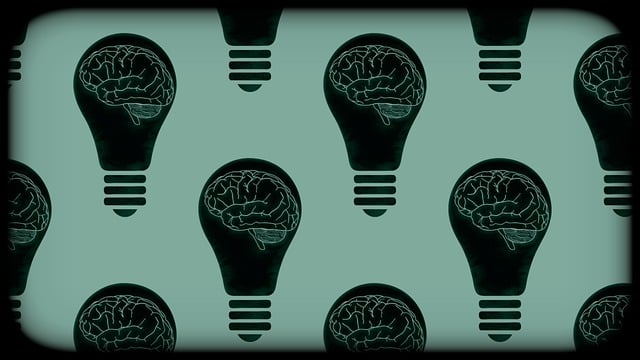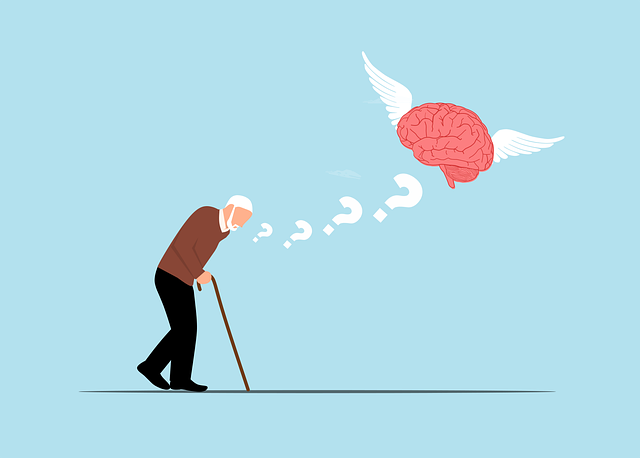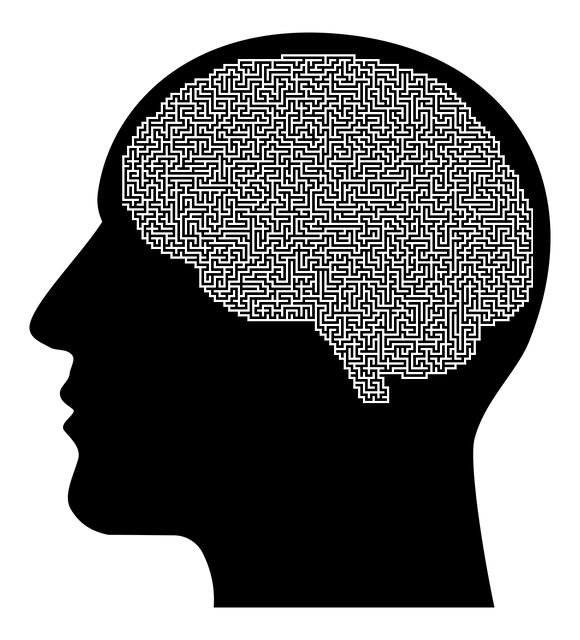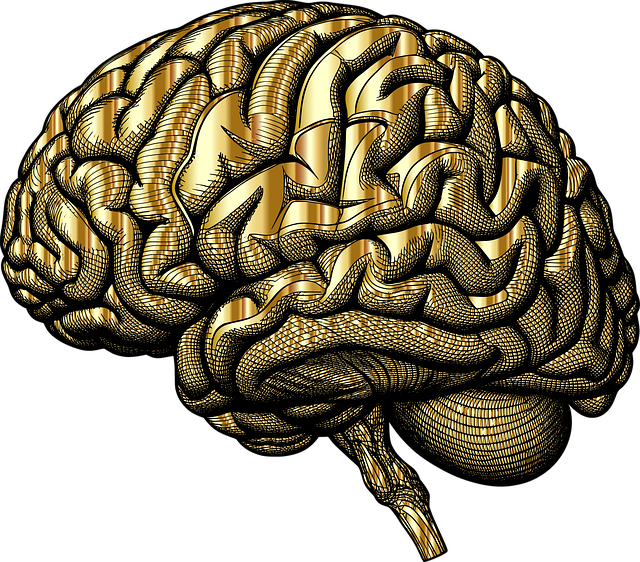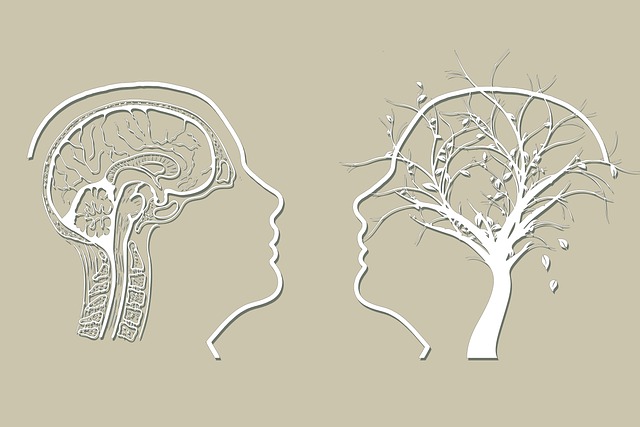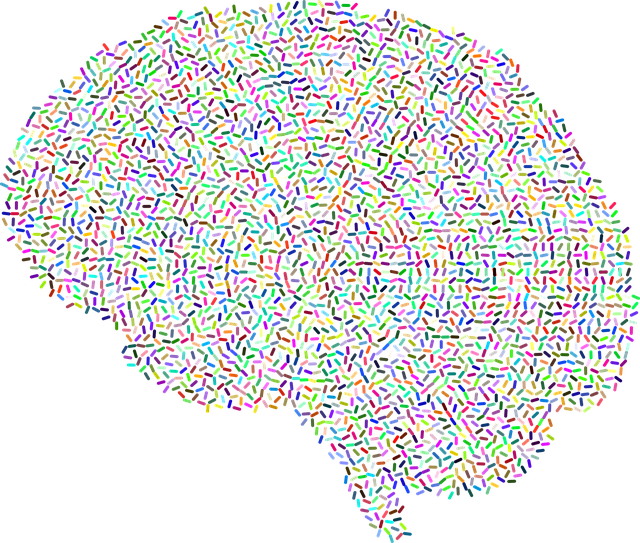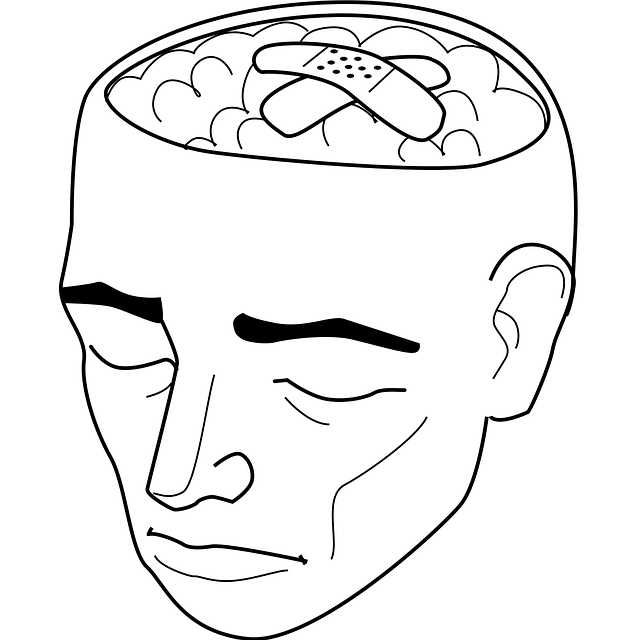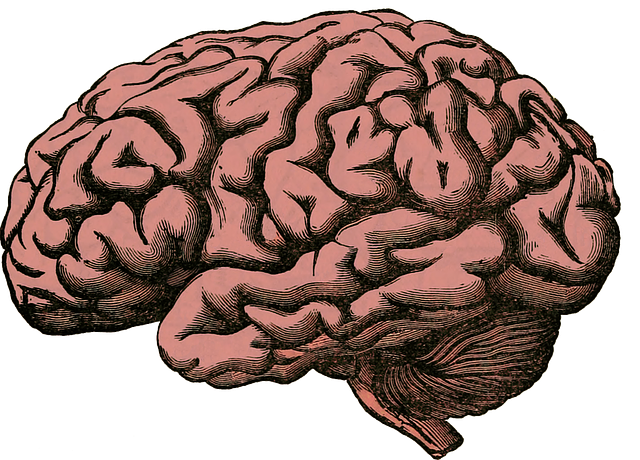Mindfulness meditation complements Longmont Neuro Disorders Therapy by cultivating present-moment awareness, fostering inner strength, and enhancing overall well-being. Initial steps involve creating a serene environment and mastering mindful breathing to calm the mind. Advanced techniques like body scans and mindful movement deepen awareness while engaging in mental wellness podcasts or workshops aids self-regulation and stress management. Longmont Neuro Disorders Therapy leverages these practices for symptom management and improved quality of life.
Discover the transformative power of mindfulness meditation with our comprehensive guide, tailored for individuals navigating neuro disorders in Longmont. Learn how this ancient practice can be a powerful tool for managing symptoms and improving quality of life. From setting a peaceful practice space to advanced techniques like body scans, we break down effective mindfulness meditation practices specifically designed to support those dealing with neurological challenges.
- Understanding Mindfulness Meditation for Neuro Disorders
- Setting the Stage: Preparing Your Space and Mind
- Techniques to Master Mindful Breathing
- Incorporating Body Scans into Your Routine
- Advanced Practices for Enhanced Mindfulness
Understanding Mindfulness Meditation for Neuro Disorders

Mindfulness meditation has gained significant attention as a complementary practice for individuals dealing with neuro disorders. It involves cultivating present-moment awareness and non-judgmental observation of thoughts, feelings, and bodily sensations. For those navigating Longmont Neuro Disorders Therapy, this ancient practice can be a powerful tool to enhance overall well-being.
By focusing on the here and now, mindfulness meditation helps individuals develop inner strength and emotional intelligence, enabling them to manage symptoms and improve their quality of life. This practice is also culturally sensitive, as it respects individual experiences and backgrounds, which is crucial in mental healthcare. Through regular meditation, one can foster a deeper connection with themselves, thereby encouraging self-acceptance and resilience, key aspects of overcoming challenges presented by neuro disorders.
Setting the Stage: Preparing Your Space and Mind

Creating a serene environment is the first step in your mindfulness journey. Think of it as setting the stage for a successful meditation practice. Your space should be free from distractions, quiet and calming, reflecting a peaceful atmosphere that encourages mental focus. In Longmont Neuro Disorders Therapy, we often emphasize this preparation as a crucial foundation for our clients’ well-being.
This involves not just arranging physical items like comfortable seating or soft lighting but also cultivating a clear mind. Take a few moments to reflect on your intentions—whether it’s improving concentration, managing mood, or preventing burnout in the case of healthcare providers. Mental Health Awareness is key here; by preparing your space and mind, you’re taking proactive steps towards better emotional balance and overall mental health.
Techniques to Master Mindful Breathing

Mastering mindful breathing is a cornerstone of meditation practice and an essential tool for managing stress and improving mental well-being, particularly beneficial in Longmont Neuro Disorders Therapy. Start by finding a quiet, comfortable space where you won’t be disturbed. Sit with your back straight but relaxed, closing your eyes if that helps you focus. Begin to observe your breath without trying to control it—simply notice the natural rise and fall of your chest or the sensation of air flowing in and out of your nostrils.
With each inhale, acknowledge the drawing in of oxygen, feeling your abdomen expand slightly. And on the exhale, sense the release of tension as you push the breath out completely. This awareness of inhalation and exhalation calms the mind and cultivates a present-moment awareness that can be powerful for self-esteem improvement. Techniques like counting breaths or focusing on specific parts of your body as you breathe can also help guide your practice, but remember, the goal is not to change how you breathe but rather to become more attuned to it naturally.
Incorporating Body Scans into Your Routine

Incorporating body scans into your mindfulness meditation practice can significantly enhance self-care practices and improve overall well-being. This simple yet powerful technique involves slowly focusing your attention on different parts of your body, allowing you to cultivate a deeper sense of awareness and connection with your physical self. By taking the time to tune in to bodily sensations, you can release tension, reduce stress, and boost your confidence.
For beginners, start by lying down in a comfortable position and closing your eyes. Begin at the top of your head and meticulously move through each part of your body, noticing any areas of tightness, warmth, or discomfort. This mindful approach encourages compassion cultivation practices, fostering a sense of self-love and acceptance. As you practice regularly, you’ll become more attuned to your body’s needs, leading to improved emotional regulation and enhanced overall health—a benefit that extends beyond the mind and into the body, much like Longmont Neuro Disorders Therapy aims to address.
Advanced Practices for Enhanced Mindfulness

For those seeking to deepen their mindfulness practice, advanced techniques offer a path to enhanced awareness and well-being. Beyond basic meditation, practices like mindful movement—such as yoga or tai chi—integrate mental focus with physical actions, fostering deeper connection between mind and body. This can be particularly beneficial for individuals navigating Longmont Neuro Disorders Therapy, as it promotes self-regulation and stress reduction.
Additionally, exploring Mental Wellness Podcast Series Production or joining a Stress Management Workshops Organization can provide valuable guidance on incorporating mindfulness into daily life. These resources often offer practical tips and insights from experts, helping individuals refine their techniques and experience the profound benefits of mindfulness for anxiety relief.
Mindfulness meditation, as explored in this guide, offers a powerful tool for managing neuro disorders. By creating a peaceful space and focusing on breathing and body awareness, individuals can enhance their mental clarity and overall well-being. The practices outlined, from basic breathing techniques to advanced mindfulness exercises, provide a framework for personal growth and improved quality of life. Incorporating these strategies into daily routines can lead to profound changes, enabling folks in Longmont Neuro Disorders Therapy to navigate life’s challenges with greater ease and resilience.
